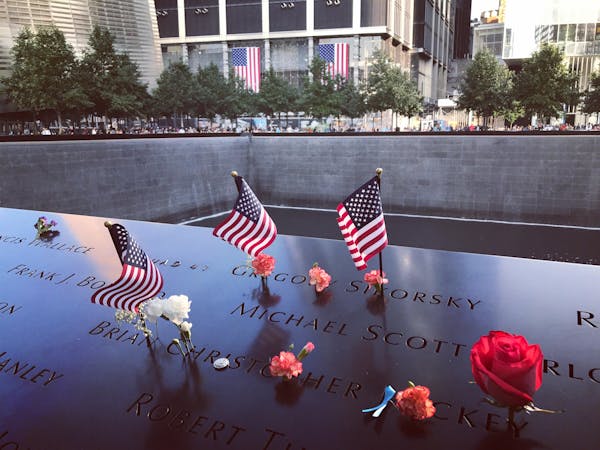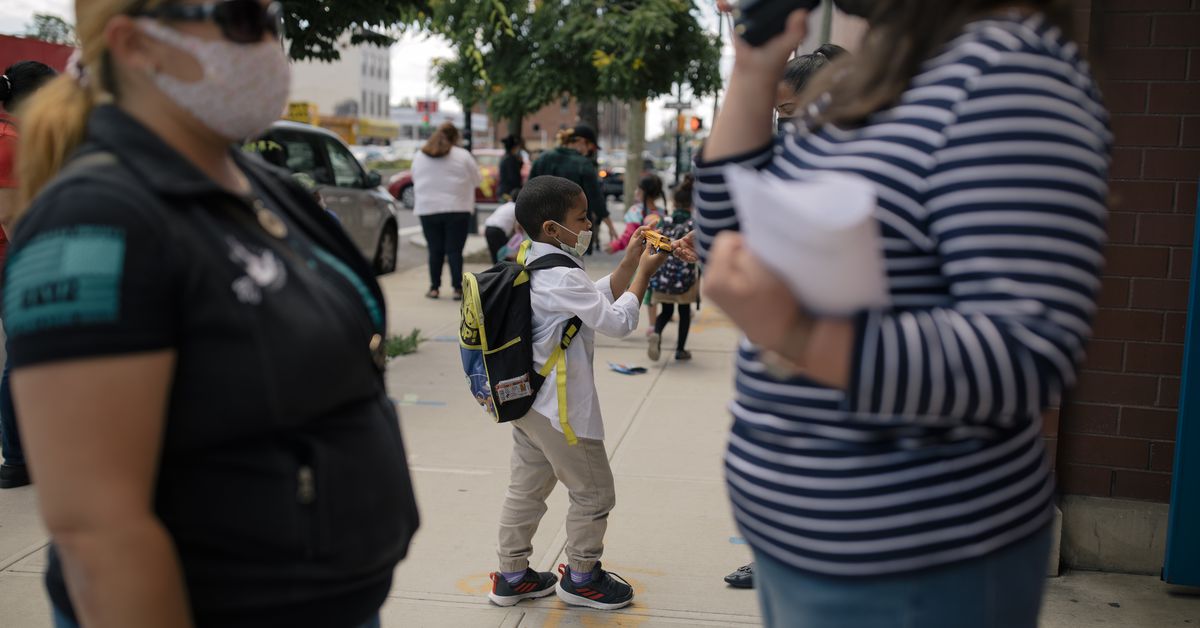Florida weighs rule to keep teachers from ‘indoctrinating’ students
The Florida Board of Education will consider a rule to prevent public school teachers from “indoctrinating” students, a move teachers’ unions have opposed.
The proposed rule states that “instruction on the required topics must be factual and objective and may not suppress or distort significant historical events, such as the Holocaust, and may not define American history as something other than the creation of a new nation based largely on universal principles stated in the Declaration of Independence.”
The proposal will be considered at a June 10 Florida Board of Education meeting. It would also require classroom discussions to be “age appropriate.”
Florida Education Commissioner Richard Corcoran championed the policy while speaking at Hillsdale College, a private university in Michigan, saying the state has to maintain constant vigilance to keep teachers in check.
More:Brevard Public Schools makes masks optional for 2021-2022 school year
“You have to police them on a daily basis,” Corcoran said. “It’s 185,000 teachers in a classroom with anywhere from 18 to 25 kids.”
The Florida Education Association, the largest teachers’ union in the state, has publicly opposed the rule.
“Florida isn’t going to equip students as critical thinkers by hiding facts. Students deserve the best possible education we can provide and the truest and most inclusive picture of their world and our shared history,” association president Andrew Spar said in a statement Wednesday.
Brevard Federation of Teachers president Anthony Colucci said he has not been following that policy specifically but has noticed increased scrutiny of teachers in recent years.
“There is this misconception that comes out of the media that teachers indoctrinate students, but in reality, they work extremely hard to do just the opposite to teach them to be independent, critical thinkers,” Colucci said.
More:‘COVID-19 learning gap’ sets some students back, but efforts underway to catch kids up
Speakers at Brevard County School Board meetings have previously raised concerns about preventing teachers from discussing “critical race theory” in classrooms. Critical race theory approaches history with the perspective that racism has long been part of the structures of American society. Colucci said he has not seen any evidence teachers are doing what parents fear.
“I’ve sat in meetings where there’s been peer concerns or I’ve heard about parent concerns, but in reality, these issues have not been what parents have tried to make them out to be,” Colucci. “I think it’s more of a reflection of the unfortunate climate that the United States has become when it comes to politics and discussing tough issues is that it’s very difficult to have a civil conversation about these issues.”
Colucci said sometimes teachers make the mistake of playing devil’s advocate with their students and their statements are misconstrued. Teachers learn during training not to share their opinions with students.
“It’s a talking point of the of the culture wars, but as a teacher and as representative of the teachers, it’s insulting,” Colucci said. “It’s not happening.”
Correction: A previous version of this post misidentified the state Hillsdale College is in.
Bailey Gallion is the education reporter for FLORIDA TODAY. Contact Gallion at 321-242-3786 or [email protected].







